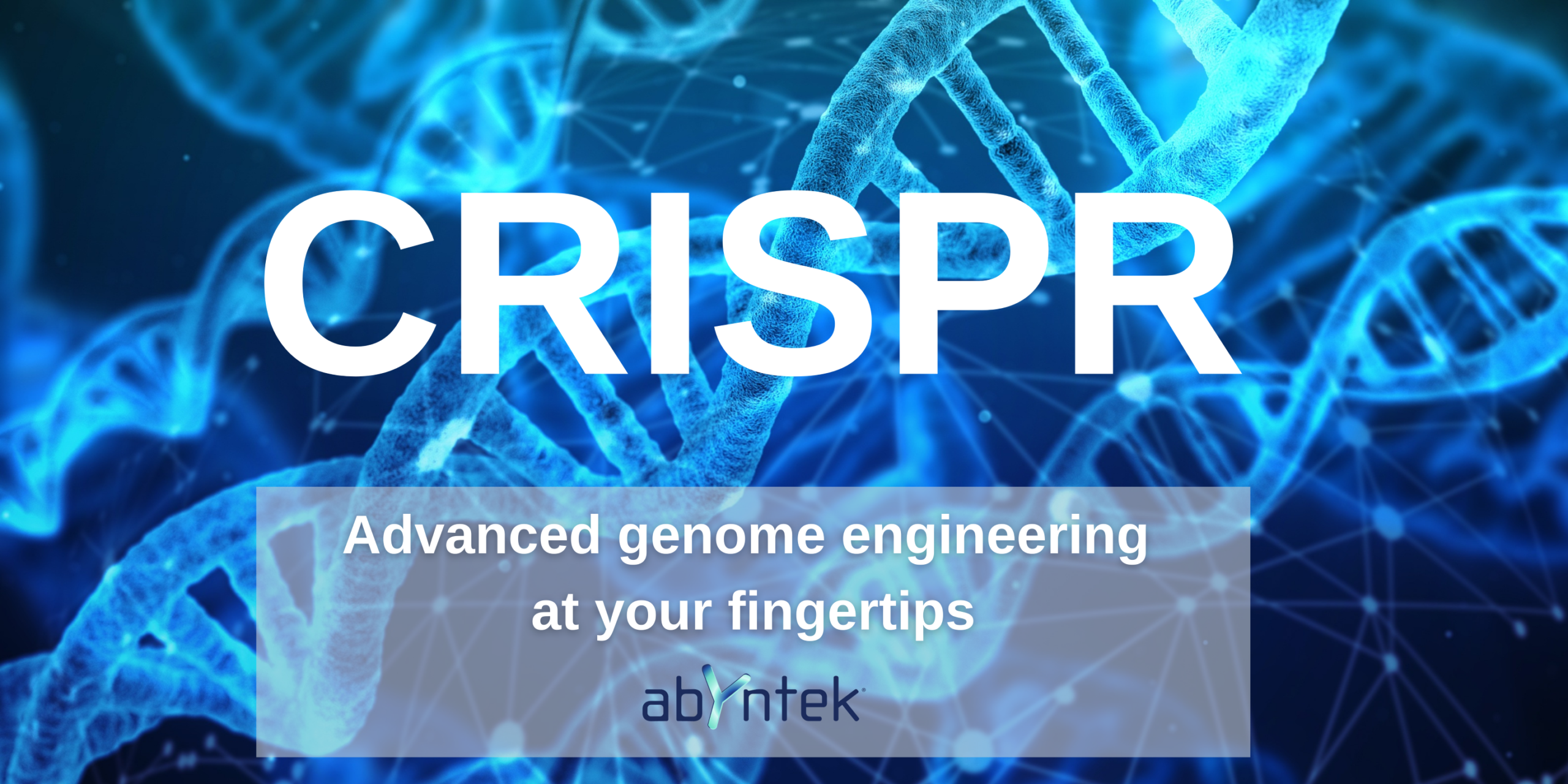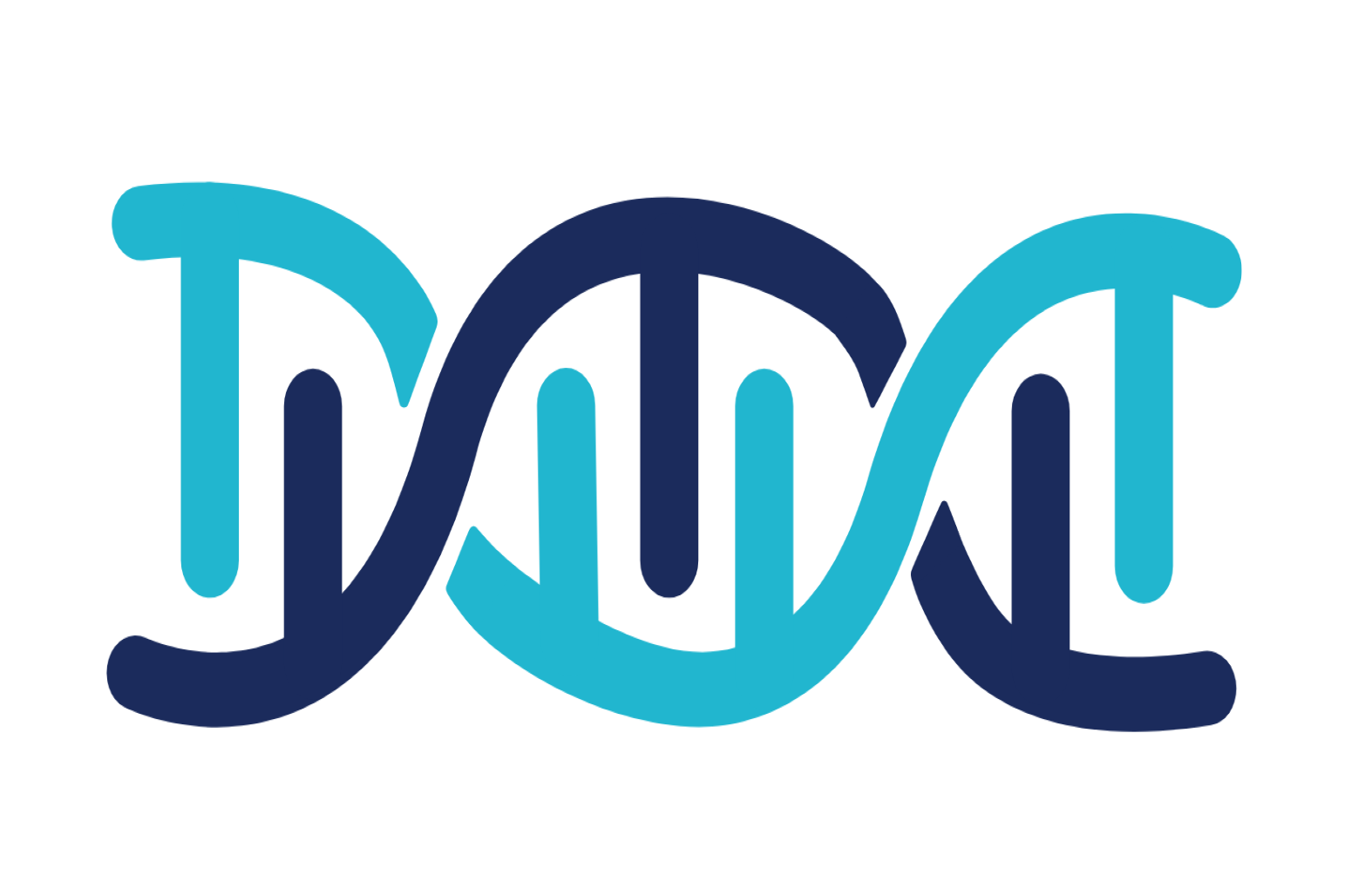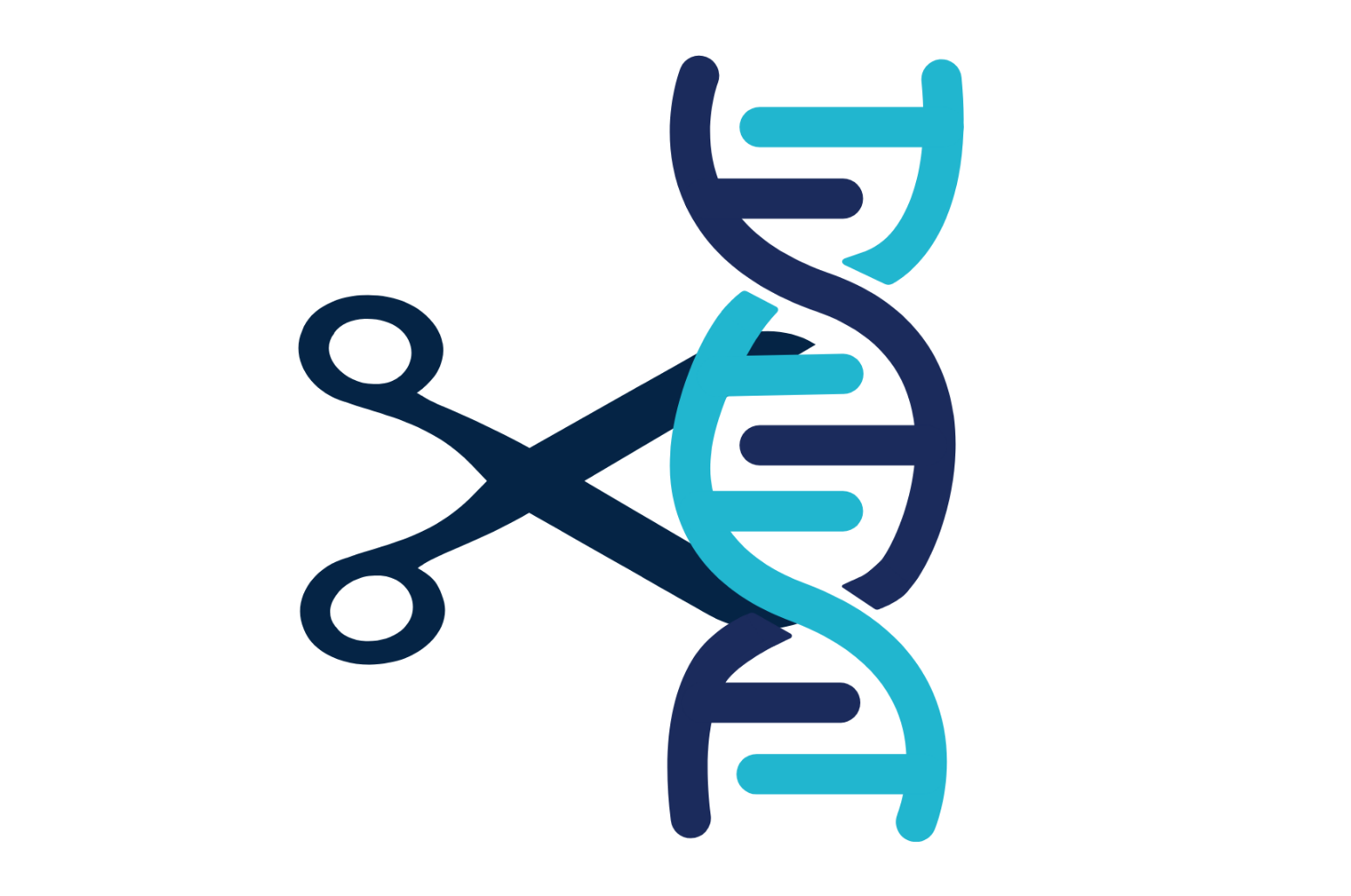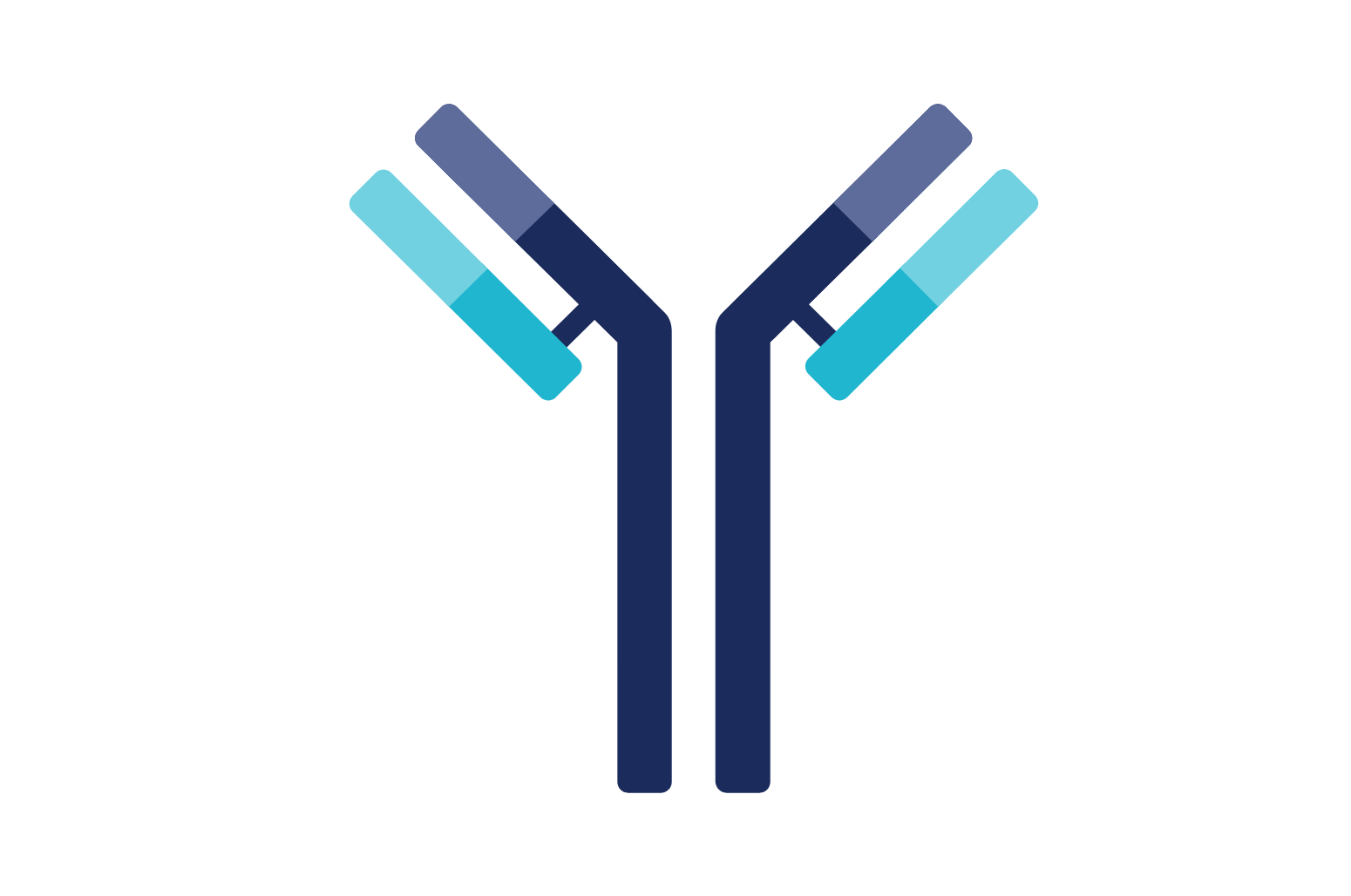The CRISPR/CAS9 system was discovered as a natural bacterial and archaeal defense against viruses. However, in recent years it has become the most widely used technology for genome editing. Researchers from all over the world are already using this method to perform specific changes in a wide variety of organisms, not only in basic but also in applied research.
Speed, efficiency, specificity and cost-effectiveness are some of its advantages, allowing modification of diverse cell types, including mammalian.
At Abyntek Biopharma we offer a wide range of catalog products to support several CRISPR/Cas applications:
cAN WE HELP YOU?
Our scientific team will guide you to find the best CRISPR solution for your research needs.
Please contact us filling this form or send an email to info@abyntek.com
CRISPR REQUEST FORM
Not finding what you are looking for? At Abyntek Biopharma we offer customised solutions adapted to the specific needs of each study. Contact with our scientific team that will guide you throughout the entire process.
And don’t forget to subscribe to our newsletter to receive updated information about our products, offers and new articles published on our blog:
Study Of Fungal Populations By Sequencing The ITS Gene
By sequencing specific genes within fungi, researchers can gain insights into the genetic composition, distribution, and interactions of fungal populations in different environments.
Study of bacterial populations by sequencing the 16S gene
The analysis and interpretation of data from 16s gene sequencing is a crucial step in understanding bacterial populations. By comparing the sequences obtained from different samples, researchers can identify the diversity of bacteria present in a particular environment, as well as their relative abundance.








